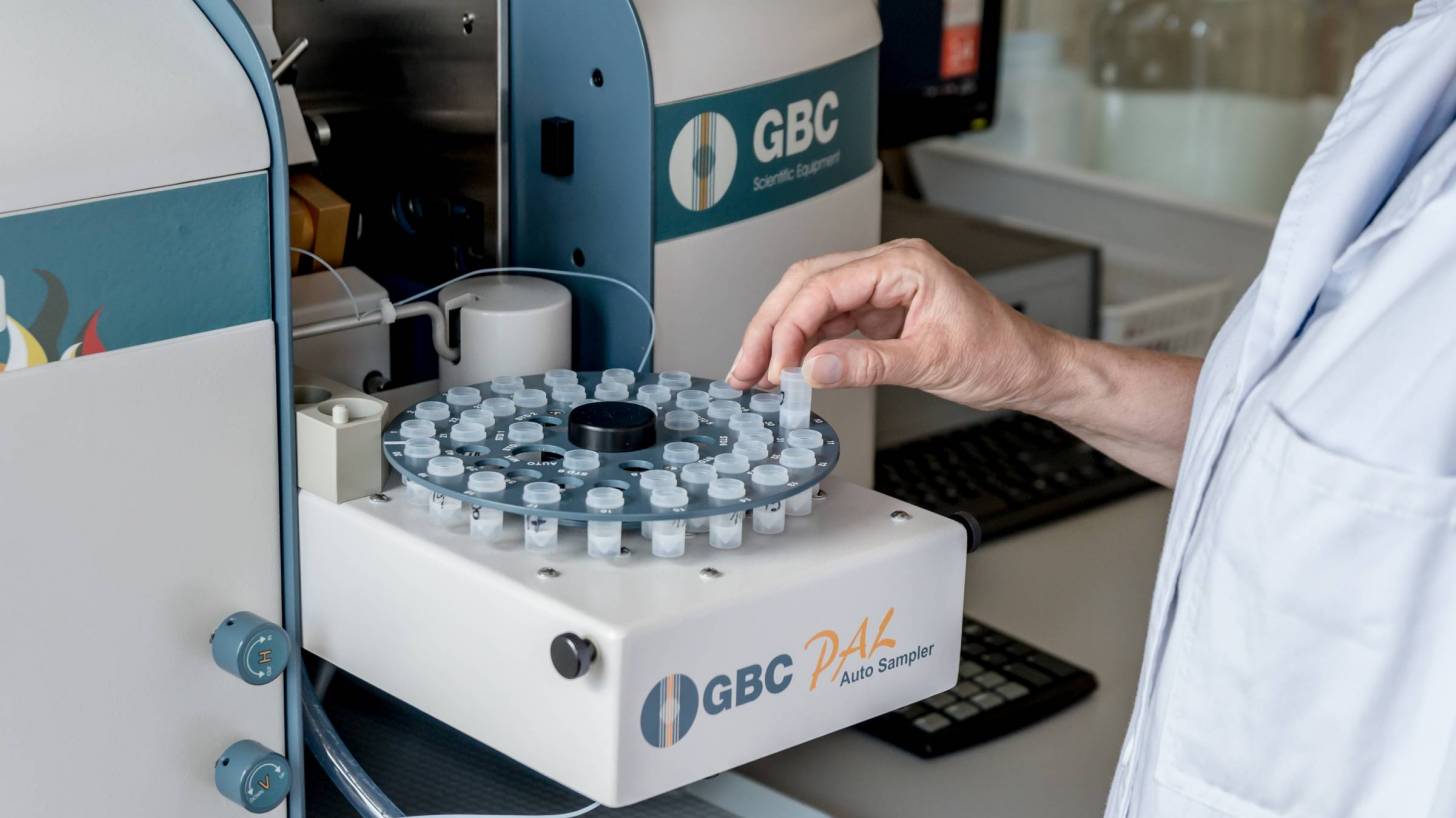Pancreatic Cancer Study Reveals Novel Vaccination Approach to Improve Treatment

A North Carolina biopharmaceutical company developing therapeutics for gastrointestinal cancers in collaboration with Georgetown University announced a new mice study showed that vaccination with an anti-gastrin cancer vaccine, Polyclonal Antibody Stimulator (PAS), produced positive, therapeutic results.
Cancer Advances Inc., PAS vaccine is a peptide-conjugate that includes an N-terminal epitope of human gastrin-17, linked to carrier diphtheria toxoid.
This study’s findings reveal a novel approach to improve treatment strategies for pancreatic cancer, such as:
- Inactivation of the growth peptide gastrin modulates the tumor microenvironment of pancreatic cancer rendering it more susceptible to immune checkpoint antibody therapy.
- PAS monotherapy elicits both a humoral and a cellular immune response when used in immune-competent mice bearing pancreatic tumors.
- PAS monotherapy produced a marked T-cell activation and influx of CD8+ lymphocytes into pancreatic tumors.
- When PAS was given in combination with PD-1 Ab, tumors had less fibrosis, fewer inhibitory regulatory T lymphocytes (Tregs) and fewer tumor-associated macrophages.
The study showed that PAS monotherapy alone successfully induced a T-cell response to gastrin.
Prior clinical studies with PAS have demonstrated that blocking gastrin led to an increase in overall survival in patients who produced an antibody response following vaccination.
Gastrin is a digestive hormone known to have growth-promoting effects in pancreatic and other gastrointestinal cancers.
Gastrin is initially released from the G cells in the antral region of the stomach during a meal by vagal stimulation, distention, and digested protein. Other organs and cells that also produce gastrin include pancreatic endocrine cells, pituitary, and extra-antral G cells.
The cellular targets for gastrin in the stomach are the acid-secreting parietal cells and histamine producing enterochromaffin-like cells.
In addition to stimulating acid secretion from gastric parietal cells, gastrin is also considered to be a key growth regulator in the gut mucosa and is implicated in the development of various GI cancers.
This work provides compelling support for both the efficacy of PAS vaccine monotherapy and for further research into the potential for improved patient outcomes with PAS and PD-1 antibody combination therapy.
PAS has already been studied in multiple Gastric cancer clinical trials in 1,500+ subjects and has demonstrated excellent safety and tolerability profile says the company.
Pancreatic cancer is a notoriously challenging disease as patients often present at late stages and therapy options are insufficient. About 90 percent of patients have advanced disease at the time of presentation.
Five-year survival rates in the United States is just 9.3 percent.
The pancreas lies behind the stomach and in front of the spine. There are two kinds of cells in the pancreas. Exocrine pancreas cells make enzymes that are released into the small intestine to help the body digest food.
Neuroendocrine pancreas cells (such as islet cells) make several hormones, including insulin and glucagon, that help control sugar levels in the blood.
Most pancreatic cancers form in exocrine cells. Visit here for more information about pancreatic cancer.
Cancer Advances, Inc. said in its press release they are planning a Phase 3 registrational study for its lead compound, Polyclonal Antibody Stimulator (PAS). Cancer Advances exclusively owns PAS and is funding and managing all aspects of the PAS gastrin vaccine program.
The study was funded in part by a grant from Cancer Advances, Inc. and its subsidiary Vaccicure, and NIH CA051008 to the Georgetown Lombardi Cancer center Core facilities.
Conflict of interest: Cato Research, Durham NC has intellectual property rights for PAS. PAS compound was transferred to Georgetown University by a Material Transfer Agreement with Vaccicure Limited, Liverpool, the UK for this research project. All authors work for Cato Research or Georgetown University.
Cancer Advances Inc. is a biotechnology company focused on impacting human health and preventing the progression of gastrointestinal cancers by enhancing the adaptive immune system. Cancer Advances is a wholly-owned subsidiary of Cato Bioventures.
Cancer vaccine news is published by Precision Vaccinations
Our Trust Standards: Medical Advisory Committee
- Gastrin vaccine improves response to immune checkpoint antibody in murine pancreatic cancer by altering the tumor microenvironme
- Vaccine against gastrin, a polyclonal antibody stimulator, decreases pancreatic cancer metastases
- “Vaccine Against Gastrin, a Polyclonal Antibody Stimulator, Decreases Pancreatic Cancer Metastases”
- Study to Determine the Antibody Response to 500µg G17DT (PAS) in Treatment of Patients With Gastric Cancer (GC5)
























